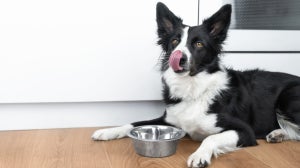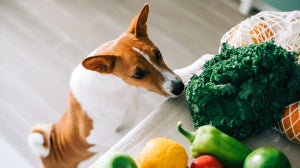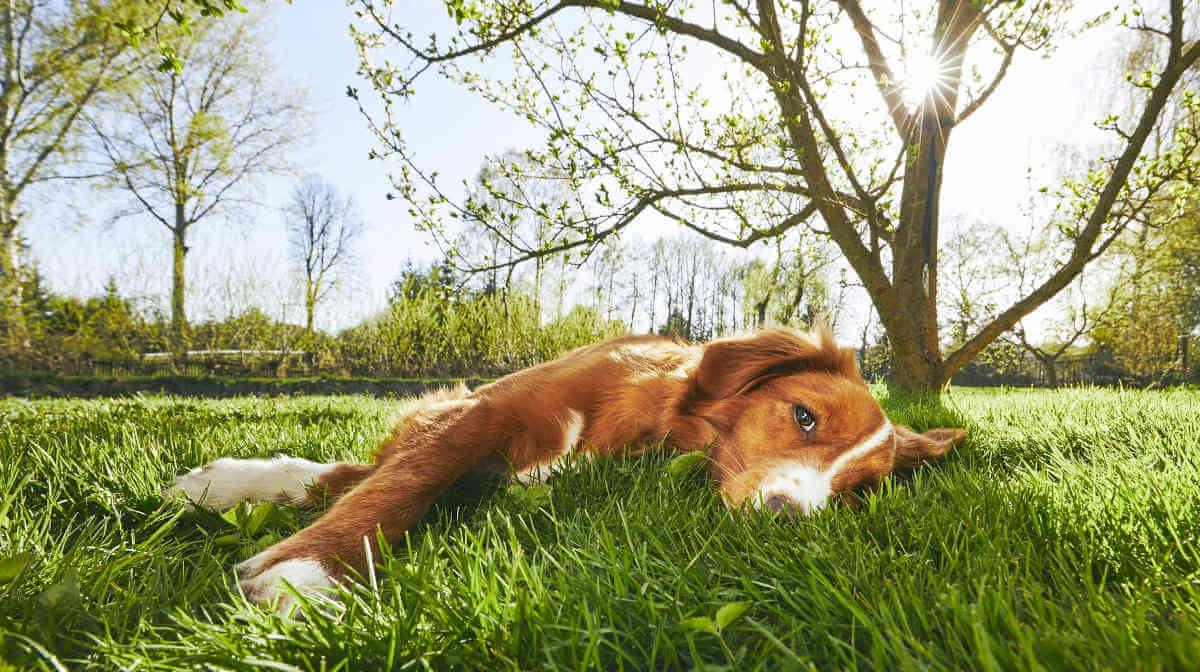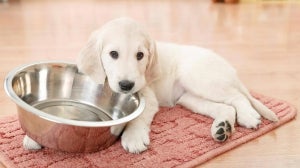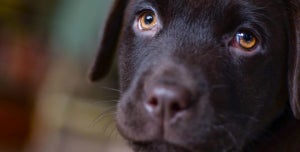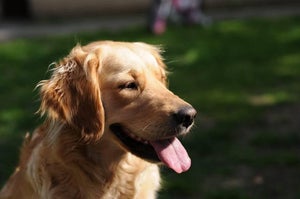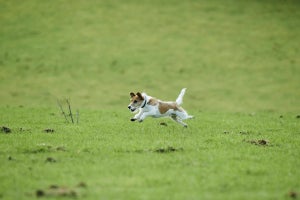
We all know dogs have a healthy appetite. They have a widespread reputation for wolfing down their food in seconds flat and eating anything they can get their two front paws on. So, if our canine companions stop eating, it can be worrying for us as pet owners. James Wellbeloved looks into common reasons why your dog might have lost their appetite, and offers advice on what you can do to help…
HEALTH AND WELLBEING
Loss of appetite in dogs is also known as anorexia – not to be confused with the human condition with the same name – and the reason behind it is usually sickness or stress. Possible reasons for a dog not eating include:
Dental disease
Loose or sore teeth and inflamed gums can put dogs off eating– so if you’ve noticed that your pup isn’t eating, or looks uncomfortable when they eat, check their mouth and gums for signs of disease. Rotten teeth, infection and cuts in the mouth can all cause dogs to avoid food, as it becomes painful to eat. If you think your dog has a dental issue, take them to see a vet.
Stress
If dogs are stressed, this can cause them to lose their appetite. Stressful situations may include new environments, other animals in their feeding area, changes to their daily routine, or being separated from their owner. If you suspect your dog may be stressed, you will need to address what is causing the problem and attempt to make your dog more comfortable with the situation.
Sickness
Dogs often get upset stomachs for a variety of reasons and as a consequence may stop eating. Common causes of upset stomachs include eating spoiled food, eating inedible items, or eating poisonous or toxic plants or foods. If your dog is vomiting or has diarrhoea, you should take them to the vet straight away, especially if you don’t know what it is they ate. Not eating can sometimes be a sign of a more serious illness, especially in older dogs. If your dog hasn’t eaten for several meals and continues to show no interest in their food, take them to the vet immediately.
Vaccinations and Medication
Sometimes a side effect of canine vaccinations or medication is temporary loss of appetite; so if your dog doesn’t want to eat after having had an injection or medical treatment, don’t worry too much. Keep an eye on their appetite -they should perk back up after time and want something to eat later on.

FUSSY EATERS
Some dogs are choosy about when and where they eat. Although this can be very frustrating for their owners, it doesn’t necessarily mean there is a health issue. To encourage your pup to eat, try regular feeding routines, making mealtimes more fun with treat-dispensers, or feeding them separately to other pets in the household. In the wild dogs would not have access to different types of food and often live on one type of accessible prey item. Humans put their own personal tastes onto dogs, which can cause them to become fussy eaters. If a dog is a healthy weight, or overweight, fussy eating may be caused by their owners thinking they are bored of their food. To combat this behaviour, implement set times to feed your dog. For example, give them 20 minutes to eat, then remove the bowl regardless if they have eaten the food or not. You can then re-offer them the food later on. Your dog will realise that this is all they will be offered and should start eating. Be patient and firm with your dog – and refrain from feeding them treats or titbits during this time until they are back in the habit of eating regularly. If fussy behaviour in your dog is new, always consult a vet. It’s important to bear in mind that elderly dogs may become fussier due to having a poorer sense of smell, which can cause them to lose their appetite. In this case, you can try using wet food as a tasty topper for their dry food. It’s important not to feed your dog human food, as some ingredients can be toxic to dogs, or even fatal in some circumstances. It can be worrying if your dog stops eating, but by identifying the problem and working with a vet to resolve the issue, your dog should be back to happily gobbling their food down in no time.

Related Articles
